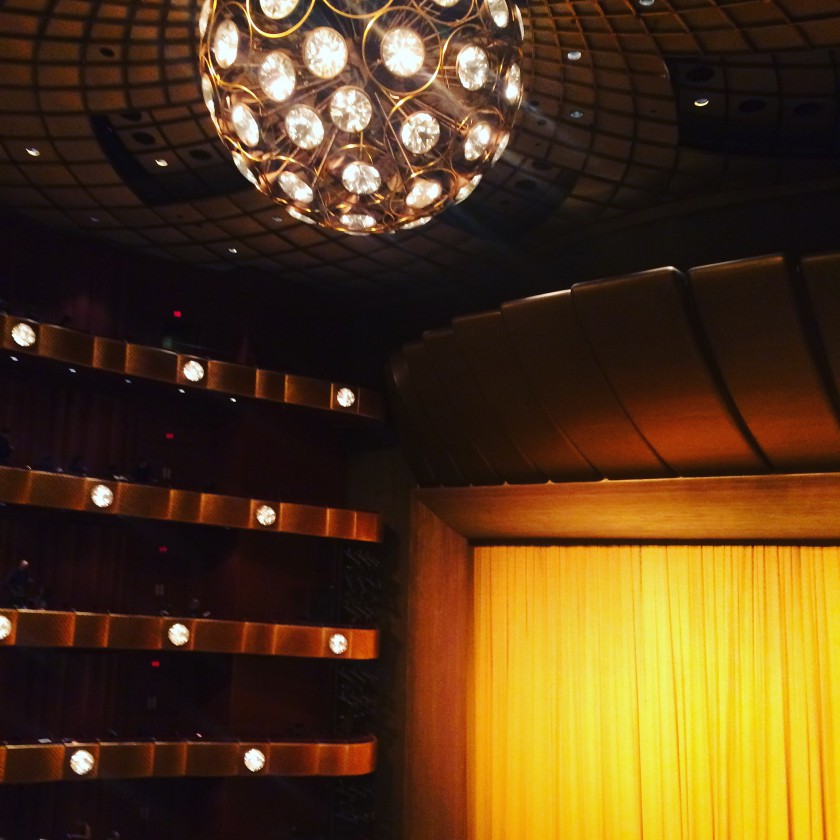The Echo of Exploding Bombs
By Jeanne Althouse
Anna danced the first dance with Morris at her sister’s wedding party the evening before the groom, an Air Corps pilot, was scheduled to leave for France to bomb the Germans at Saint-Milo. She was eighteen and imagined Morris older, a mature twenty-five. Morris touched her arm with light, magic fingers and asked if she could dance. He said would she mind that he was blind?
The smells of pound cake and garden flowers, the chatter of the old aunts sitting in chairs by the wall, the soughing of her sister Mary’s long lace dress as it brushed the floor to the waltz rhythm from the gramophone, filled her mind and prevented her from understanding at first.
He repeated himself, stammering.
So many were blind, or lost limbs, or came home to Chicago crazy that summer of 1944 that Anna was not surprised. Gus, the rude best man, good friends with the groom since childhood, was a Navy man, who had lost his arm at Pearl Harbor so Mary said to make allowances for his bad behavior. Many of the newly crippled men shrank back ashamed, or like Gus, grew unpleasant.
She longed to run her fingers across his face, but instead she traced down his arm and reached for his hand. As she squeezed it, she felt the cold, shaking tremors of his shyness, smelled the freshly washed shirt and the cream on his hair, and heard his boots shuffle nervously against the wood flooring. His breath in her ear made strange sounds. Perhaps he was counting steps? When they danced, he kept one hand out behind her, waving it in the empty air, and she understood, he was new to blindness.
After several turns of the waltz, Morris bumped into the podium behind him.
Anna stumbled into him, catching her feet on the front of her bridesmaid dress. “Sorry, I always dance with my eyes closed,” she said, not yet willing to confess her secret.
Standing in place, they were passed by the bride and groom, who, giddy with love and the belief that the war would soon end, were giggling uncontrollably.
“You’ll learn to use the wall to feel your way in new places,” Anna said. “At home, you’ll count steps and memorize where things are. You’ll read in Braille.”
She could have said: I had measles when I was ten, a rare infection of the optic nerve but she disliked explaining it. His clumsiness reminded her of the days she couldn’t walk across a room without bruising her shins on a chair leg. Swinging doors smashed into her face, a dropped toothbrush was lost forever, the fear of venturing outside alone, intense. In the beginning she cried often, despising her imperfect body, resenting her fate.
“Thank God you aren’t saying you’re sorry I was hit. I hear that a lot.” He pulled her into his arms and held her close. She could sense him smelling her hair. In a moment his embrace would be noticed.
Her two teachers at Perkins School for the Blind, both unable to see since birth, were married to each other. They had a sighted son who she had played with after school. When she was first blind and had asked her mother, would anyone have a blind woman for a wife, her mother said she would marry like anyone else.
She inhaled, touching her breasts to his chest and wrapped her arms up around his neck. She felt his belt buckle brush her belly. She breathed deeply the freshly washed shirt, enhanced by the scent of warmth under his arms. His hot breath in her ear beat like a drum over the music. She forgot, for a moment, how afraid she was for the groom, for all his other friends, going back to battle.
She said, “I’m blind too,” but her voice was lost in the loud clapping when the first dance ended.
“Need to take dance lessons Morris?” a voice behind them said. It was Gus, the malice in his voice unmistakable.
Anna took Morris’s arm and tried to lead him away.
Gus taunted them with the tune from a nursery rhyme: “Two blind mice, two blind mice, see how they stumble, see how they fall.”
Anna thought, how sad: Gus’s idea of a joke, teasing two blind people.
Morris said, “I danced, didn’t I, Gus.”
There was a pause.
Morris said to Anna: “Are you… Are you blind?”
Anna tried to explain. “Yes, but it shouldn’t matter. I’m fine and you’ll be fine too.” She was full of regret for not telling him earlier.
He said nothing for a moment.
Then his arm was gone and the air before her filled with emptiness. Her sister, smelling of champagne, arrived at her side. The sounds of louder-than-usual chatter between songs and the offer of a chair from the groom let her know how Morris felt about her handicap.
For years afterwards, when she smelled cream on a man’s hair, she would feel the familiar longing, remember the warmth of his arms and the touch of the light, magic fingers that made Morris so different. But at night, in her dreams, the memory of Morris frightened her. In his breathing, she had heard the echo of exploding bombs.
To calm her sister, who was hovering over her, she said quickly, “It’s only the first dance.”
–
![]()
–
Jeanne Althouse lives in Palo Alto, California. Her flash fiction and longer stories have appeared in various literary journals, including Shenandoah, Pif Magazine, Pindeldyboz , Flash, The International Short Story Magazine, Madison Review, Redlands Review, So to Speak, Porter Gulch Review, Red Rock Review, the MacGuffin, Menda City Review, Kind of a Hurricane Press Anthology, and Jewel, a publication of Gray Sparrow Press. Her story, “Goran Holds his Breath” was nominated for the Pushcart Prize. Her novel The Children Left Breathing was Finalist in the Augury Books Contest. She publishes for 101 Words and has stories upcoming in the Hawaii Review and Referential.
–
Photo by: Gessy Alvarez




One response to “Stories No. 47 – Jeanne Althouse”
This is simply beautiful. Those moments on the dance floor, as well as those moments “years later,” will stay with me for a long time.